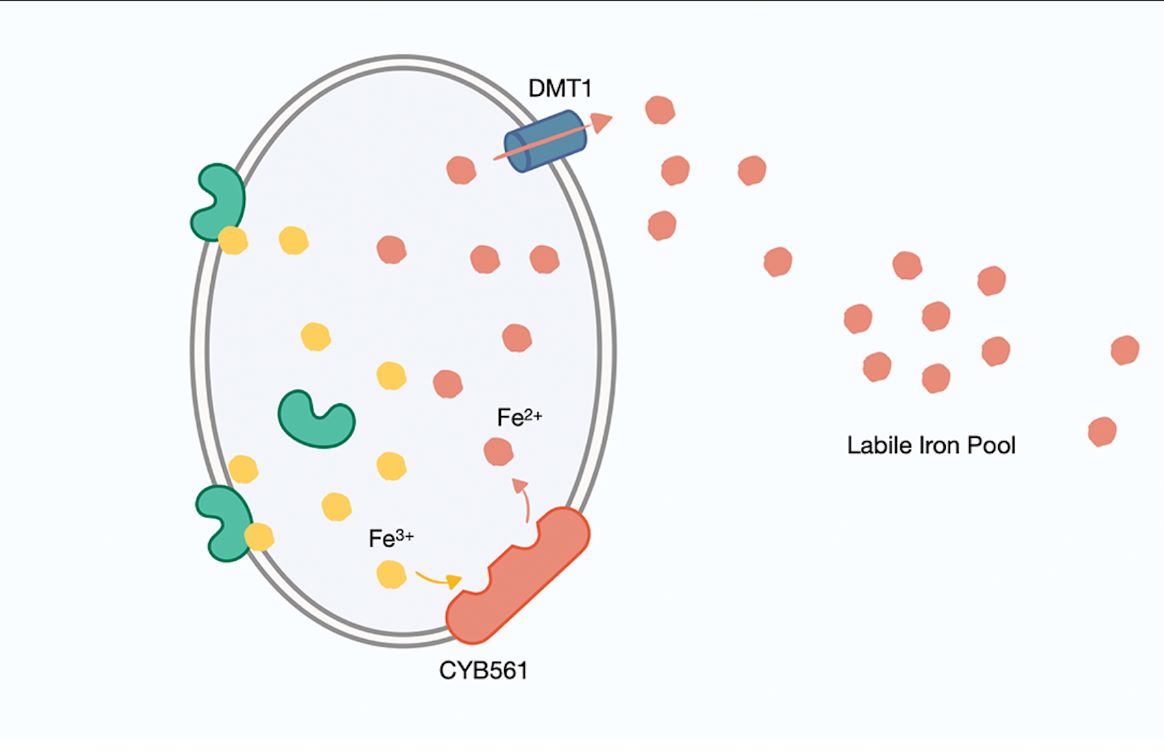UP scientists identify key protein in aggressive prostate cancer

A group of scientists from the University of the Philippines (UP) Diliman discovered a key protein that contributes to the progression of prostate cancer into its most aggressive form, neuroendocrine prostate cancer (NEPC).
Scientists from the UP Diliman College of Science National Institute of Molecular Biology and Biotechnology discovered that a protein called CYB561 contributes to the progression, growth, and survival of aggressive, treatment-resistant prostate cancer cells.
“CYB561 has a dual role in driving cancer,” said Dr. Pia Bagamasbad, a member of the five-person research team, who analyzed publicly available data from prostate tumors and experimental findings from human cell culture lines.
“It activates specific growth factors and manages iron levels, both of which appear to help the cancer thrive and grow even when deprived of the male hormones it usually depends on,” she added.
When they depleted CYB561, the prostate cancer cells became more sensitive to enzalutamide, a common androgen deprivation therapy (ADT) drug, indicating that the protein gives some resistance to the medication.
According to the World Health Organization, in 2022, prostate cancer was the third most common type of cancer among Filipino men, with 9,764 cases diagnosed that year.
If it progresses into an NEPC, it is resistant to ADT as a treatment.
Further, the scientists also found that “CYB561 converts iron into a more active form essential for various cell processes, including supporting the growth of aggressive forms of cancer.”
“As such, the cancer cells require higher iron levels, and CYB561 seems to help maintain the needed active iron concentration,” they added.
However, Bagamasbad and her team said that “knocking down the protein lowered active iron levels in NEPC cells, delayed the progression of CRPC to NEPC, and dampened the highly aggressive behavior of NEPC cells.”
The scientists are eyeing experiments soon on animals and primary tumor samples. They are also planning to examine whether Filipinos have higher risks of developing castration-resistant prostate cancer and NEPC and if CYB561 contributes to the aggressiveness of the disease.
“More importantly, we need to identify other key players involved and establish a drug screening platform that can mechanistically target CYB561 activity,” Bagamasbad said. —VBL, GMA Integrated News




